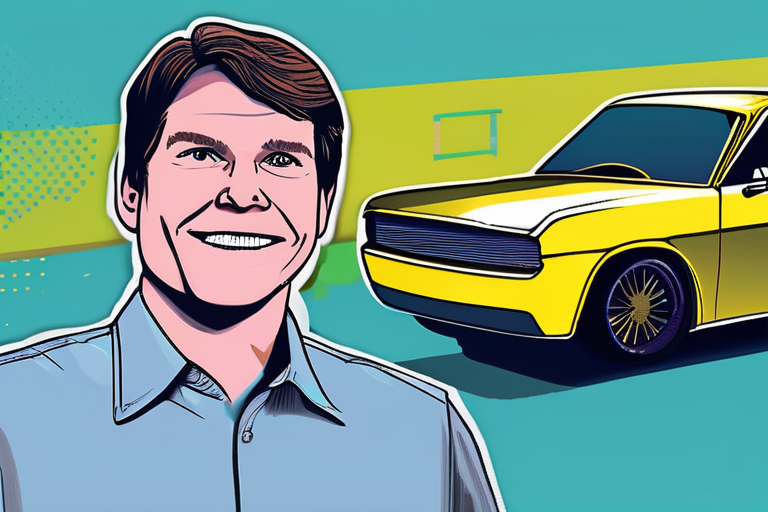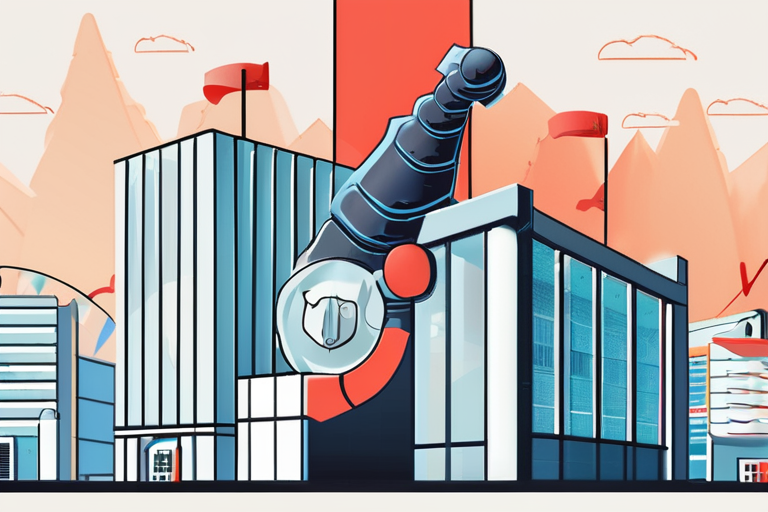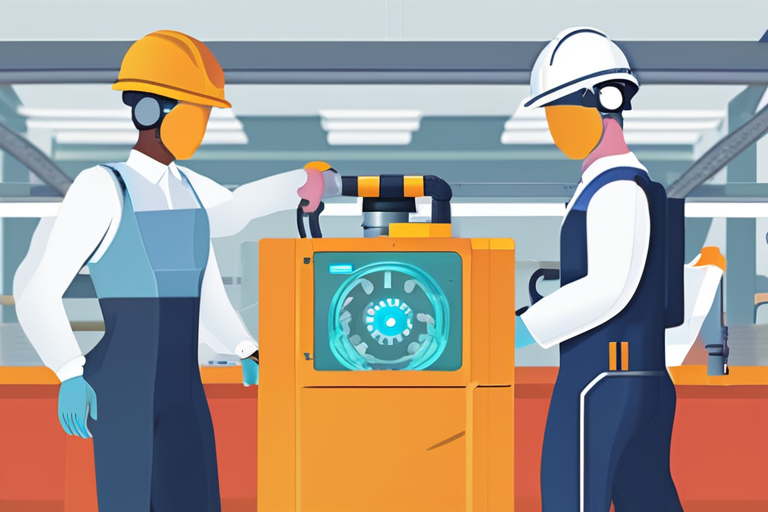Ford CEO Jim Farley Sees AI as Key to Boosting Blue-Collar Jobs, But Challenges Lie Ahead


Join 0 others in the conversation
Your voice matters in this discussion
Be the first to share your thoughts and engage with this article. Your perspective matters!
Discover articles from our community

 Hoppi
Hoppi

 Hoppi
Hoppi

 Hoppi
Hoppi

 Hoppi
Hoppi

 Hoppi
Hoppi

 Hoppi
Hoppi

AI Revolution: A Net Gain of 78 Million Jobs by 2030 The World Economic Forum's latest report has sparked debate …

Hoppi

The AI Divide: A Widening Chasm Between Value and Waste In the world of artificial intelligence, a stark reality has …

Hoppi

Tech Hiring Holds Steady Amid AI-Related Job Loss Fears Despite concerns that artificial intelligence (AI) will displace human workers, two …

Hoppi

The AI Divide: How a Small Elite is Leaving the Rest Behind In a stark reminder of the uneven pace …

Hoppi

Honeywell and Caterpillar CTOs Say AI Can Ease Labor and Skills Gaps in Manufacturing At the Fortune Brainstorm Tech 2025 …

Hoppi

Ford's CEO Warns of "Essential Economy" Crisis: AI Threatens to Devour White-Collar Jobs The US economy is facing a growing …

Hoppi